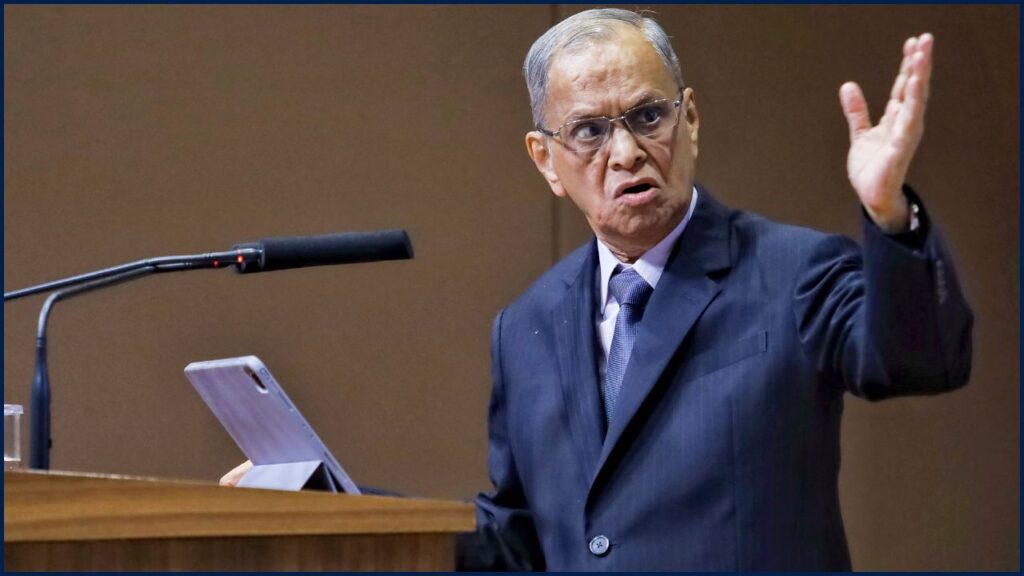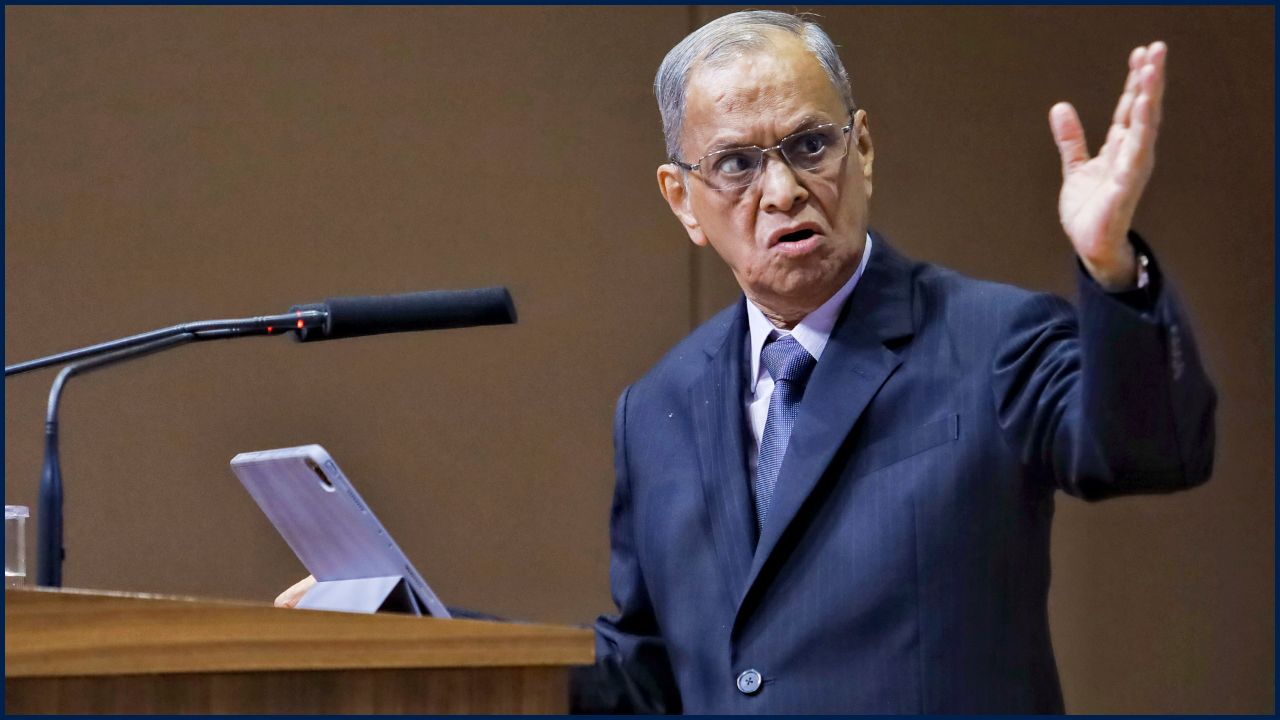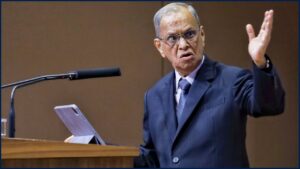
Infosys co-founder Narayana Murthy urged young Indians to work 70 hours a week to boost national productivity, a remark that ignited debate across India’s corporate world. The discussion also turned attention toward the education backgrounds of billionaires Mukesh Ambani, Gautam Adani, and Kumar Mangalam Birla, who embody varied pathways to success.
Narayana Murthy’s Controversial Statement
Murthy made the comments in October 2023 during a podcast interview, calling on India’s youth to commit to longer work weeks. “India’s work productivity is one of the lowest in the world,” he said, adding that extra hours were necessary to accelerate national development.
His suggestion drew both criticism and support. Harsh Goenka, chairman of RPG Enterprises, argued that productivity and ambition matter more than sheer hours worked. Harsh Mariwala, chairman of Marico, echoed similar concerns, pointing to the importance of passion and balance in professional life.
Education and Success: Ambani, Adani, and Birla
Mukesh Ambani
Mukesh Ambani, chairman of Reliance Industries, studied at Hill Grange High School and later at St. Xavier’s College in Mumbai. He earned a degree in chemical engineering from the Institute of Chemical Technology (ICT), one of India’s premier institutions. Ambani then enrolled at Stanford University for an MBA but left in 1980 to assist his father, Dhirubhai Ambani, in building Reliance.
Gautam Adani
Gautam Adani, founder of the Adani Group, followed a different path. He studied at Sheth Chimanlal Nagindas Vidyalaya in Ahmedabad but left school at 16. Without formal higher education, Adani entered business early, initially working in diamond trading before building one of India’s largest conglomerates.
Kumar Mangalam Birla
Kumar Mangalam Birla, chairman of the Aditya Birla Group, pursued a more traditional academic route. He graduated with a B.Com. degree from H.R. College of Commerce and Economics in Mumbai, qualified as a chartered accountant with the Institute of Chartered Accountants of India (ICAI), and completed an MBA at the London Business School in 1992.
Broader Debate on Work Culture in India
Murthy’s remarks have revived long-standing debates on India’s work culture. Supporters argue that higher effort is required in a fast-growing economy. Critics say productivity must come from better training, technology, and organisational efficiency rather than longer hours.
Labour experts also caution that demanding 70-hour weeks may worsen health issues and reduce work-life balance. According to the International Labour Organization (ILO), excessive working hours are linked to increased risks of stroke and heart disease.
Conclusion
The debate over Murthy’s statement underscores the tension between ambition and sustainability in India’s evolving work culture. At the same time, the diverse educational backgrounds of Ambani, Adani, and Birla highlight that success in business leadership has followed multiple paths—ranging from world-class academic training to entrepreneurial experience outside formal institutions.
















